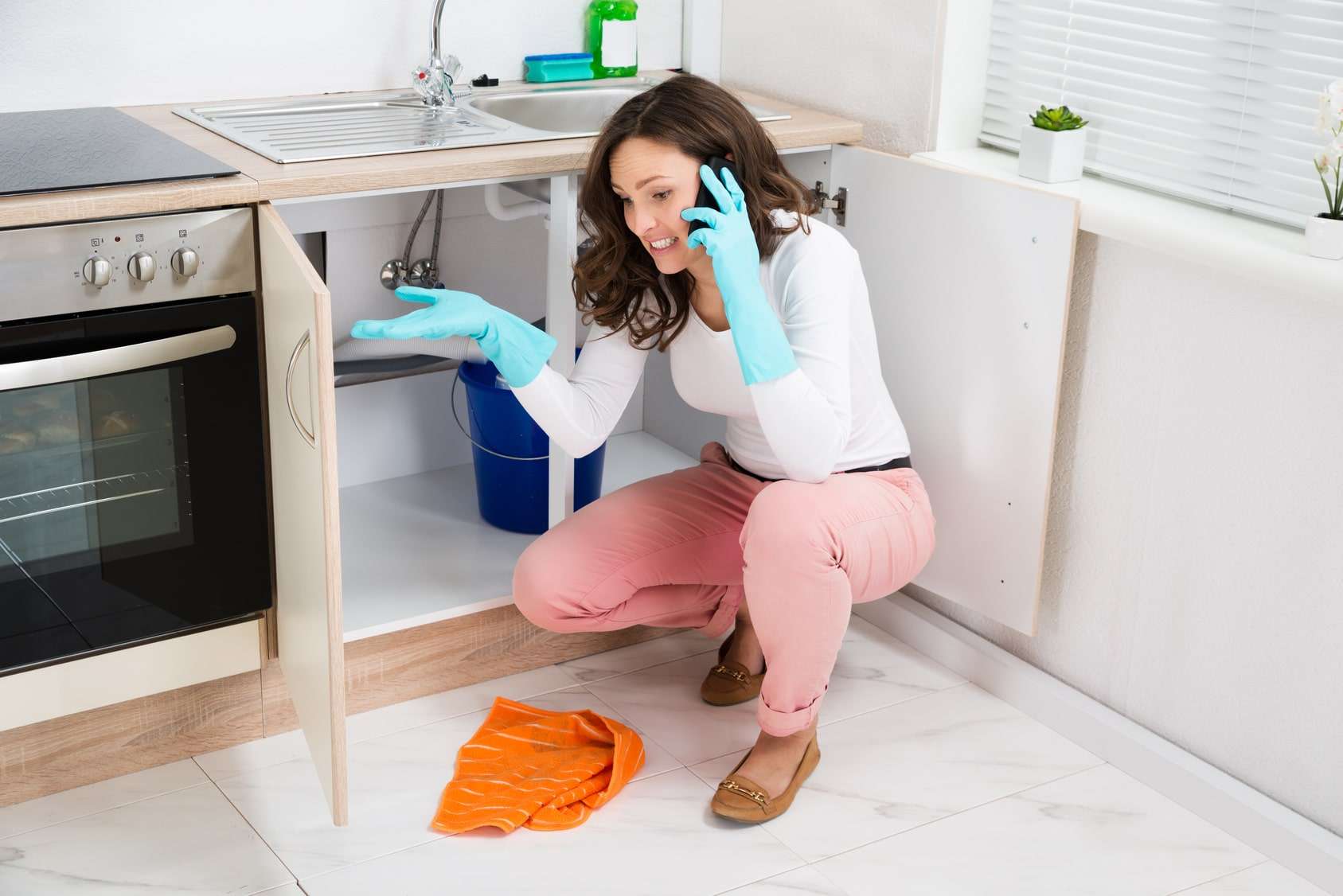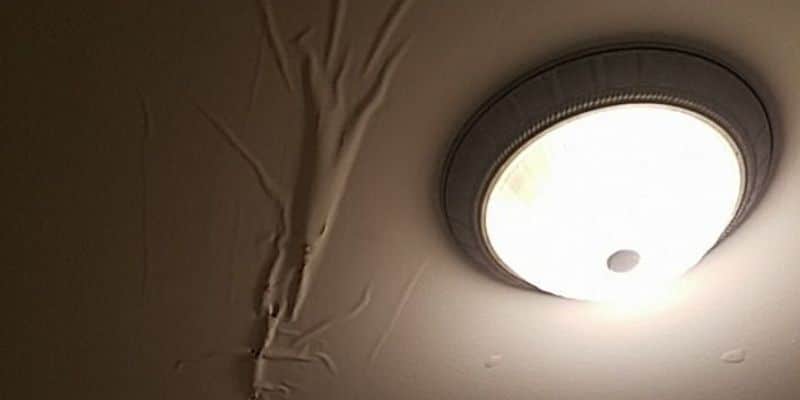Your Residential Most Typical Leak Triggers: Examination
Your Residential Most Typical Leak Triggers: Examination
Blog Article
The author is making several great pointers on Common Water Leaks In House overall in the article further down.

Leaks not just cause waste of water however can additionally create unnecessary damage to your home and also advertise unwanted natural growth. However, water leakages could go unnoticed since a lot of the pipework in our house is hidden. By looking as well as comprehending for daily situations that cause leaks, you can shield your house from future leakages as well as unnecessary damages. Today, we will certainly check out 6 leakage triggers that may be causing your pipelines to drip.
Immediate temperature level changes.
Severe temperature modifications in our pipes can cause them to broaden as well as contract unexpectedly. This growth and contraction might create cracks in the pipes, particularly if the temperature are below freezing. If you maintained an eye on just how your plumbing functions, it would certainly be best. The visibility of the previously discussed scenarios often indicates a high danger.
Rusty water supply
As time goes by, your plumbing system ages and also deterioration such as rust may begin gnawing the pipes. This may be the cause of staining or bending on your pipes. This asks for an inspection with your plumber right away. Consider replacing the pipes because they are at a higher risk of rust than the newer models if our plumbing system is old.
Faulty Pipeline Joints
The factor at which your pipes link is frequently the weakest link in the waterline. Pipe joints can wear away with time, leading to water leakages. Unfortunately, the majority of pipeline joints are not quickly noticeable. If you have loud pipelines that make ticking or banging noises, especially when the warm water is activated, your pipe joints are probably under a great deal of pressure. It is suggested to have your plumber inspect your system yearly.
Encroaching roots
Many water leaks begin outside the home rather than inside it. You may see wet spots or sinkholes in your backyard, and that might mean that tree roots are getting into water lines creating water to permeate out.
Poor Water Connectors
At times, a leak can be triggered by loosened hoses and pipelines that supply your home appliances. Usually, shifting is what triggers the loose water Links. You may discover in the case of a cleaning equipment, a hose pipe might spring a leak due to trembling throughout the spin cycle. In case of a water links leakage, you may discover water running straight from the supply line or pools around your home appliances.
Blocked Drains
Obstructed drains pipes may be bothersome as well as inconveniencing, but they can often wind up creating an overflow resulting in burst pipes. Keep getting rid of any materials that may decrease your drains pipes that can block them to stay clear of such hassles.
All the above are reasons for leakages but not all water leaks arise from plumbing leakages; some leaks could originate from roofing leakages. All leaks need to be repaired promptly to prevent water damages.
Leakages not just cause waste of water yet can also trigger unneeded damages to your residence and also promote undesirable natural growth. By understanding and also looking for everyday circumstances that trigger leakages, you can secure your house from future leaks as well as unnecessary damages. Today, we will look at six leakage creates that might be creating your pipes to trickle.
At times, a leak can be caused by loose hose pipes as well as pipes that supply your appliances. In case of a water links leak, you may discover water running directly from the supply line or pools around your appliances.
How To Check For Water Leak In Your Home
How To Check for Leaks
The average household's leaks can account for nearly 10,000 gallons of water wasted every year and ten percent of homes have leaks that waste 90 gallons or more per day. Common types of leaks found in the home are worn toilet flappers, dripping faucets, and other leaking valves. These types of leaks are often easy to fix, requiring only a few tools and hardware that can pay for themselves in water savings. Fixing easily corrected household water leaks can save homeowners about 10 percent on their water bills.
To check for leaks in your home, you first need to determine whether you're wasting water and then identify the source of the leak. Here are some tips for finding leaks:
Take a look at your water usage during a colder month, such as January or February. If a family of four exceeds 12,000 gallons per month, there are serious leaks.
Check your water meter before and after a two-hour period when no water is being used. If the meter changes at all, you probably have a leak.
Identify toilet leaks by placing a drop of food coloring in the toilet tank. If any color shows up in the bowl after 10 minutes, you have a leak. (Be sure to flush immediately after the experiment to avoid staining the tank.)
Examine faucet gaskets and pipe fittings for any water on the outside of the pipe to check for surface leaks.
Undetected water leaks can happen without the home or business owner even realizing. If you suspect a water leak, but not able to find the source. It is time to contact a professional water leak detection service, The Leak Doctor.
How To Find a Water Leak In Your Home
https://www.leakdoctor.com/blog/How-To-Check-For-Water-Leak-In-Your-Home_AE197.html

I was guided to that report about How Fast Water Damage Can Ruin Your Home from a friend on another web blog. Sharing is good. Helping others is fun. I treasure reading our article about How to Find Water Leaks.
Quote Report this page